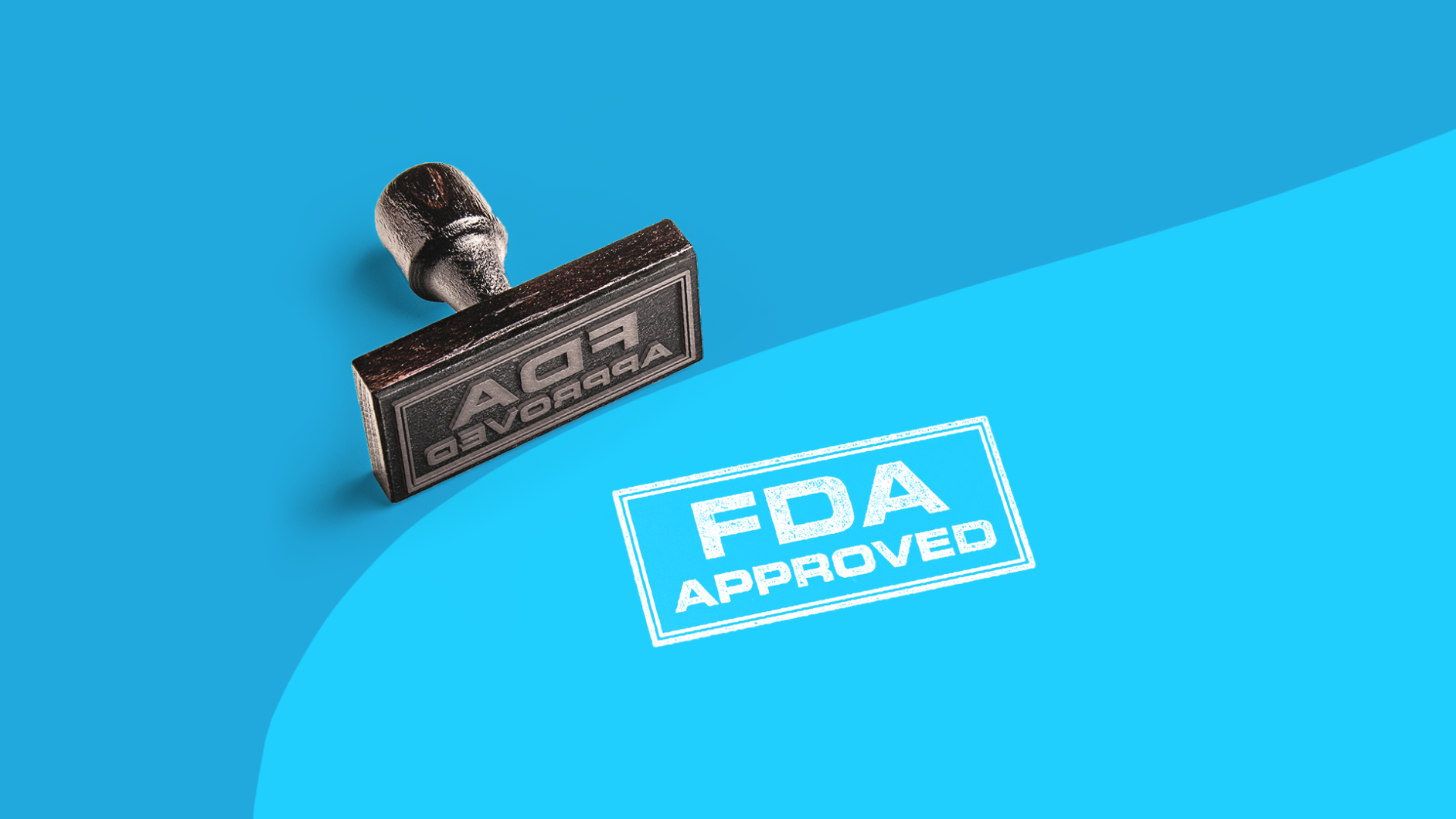An estimated 6.2 million Americans age 65 and older are living with Alzheimer’s dementia in 2021, according to the Alzheimer’s Association. The disease is more prevalent in America today than ever. Between 2000 and 2019, the number of deaths from Alzheimer’s disease more than doubled, increasing nearly 150%, making it the sixth leading cause of death in the U.S. Now, for the first time since 2003, the U.S. Food and Drug Administration (FDA) has approved a new medication, Aduhelm (aducanumab), for the treatment of Alzheimer’s dementia—one that could help turn this trend around.
What is Alzheimer’s dementia?
Alzheimer’s dementia is a degenerative brain disease and the most common form of dementia. Dementia is not a specific disease, but instead a medical term that describes a group of symptoms, including loss of memory and changes in thinking skills. Research from the Alzheimer’s Association has found that 1 in 9 people age 65 and older has Alzheimer’s dementia.
What is Aduhelm?
On Jun. 7, 2021, the FDA announced its approval of Aduhelm (aducanumab) under the Accelerated Approval pathway process. This approval process allows the FDA to fast track a drug for a serious or life-threatening illness that may help more than existing treatments—while the clinical benefit is still being confirmed.
One reason the FDA chose to use the Accelerated Approval process for Aduhelm is because of the increased threat Alzheimer’s poses as our country’s population ages. According to the Alzheimer’s Association, more than 6 million Americans are living with Alzheimer’s currently, and predictions say that by 2050, this number is projected to rise to nearly 13 million.
But because of this accelerated approval process, the drug company must continue to study the drug to confirm its efficacy. Therefore, the FDA is currently requiring Biogen, the drug’s sponsor, to run a confirmatory trial that demonstrates its efficacy. If the confirmatory trial doesn’t confirm benefit, the FDA could withdraw its approval.
How does Aduhelm work?
According to the National Institute on Aging, Alzheimer’s disease is thought to be caused by the abnormal build-up of proteins in and around brain cells. One of the proteins involved is called amyloid, deposits of which form plaques around brain cells. The other protein is called tau, deposits of which form tangles within brain cells. This plaque buildup—while not the definitive cause of Alzheimer’s dementia—is considered a hallmark finding in the brain of patients with Alzheimer’s.
Aduhelm, which is administered as an intravenous (IV) infusion, is the first treatment directed at reducing the presence of amyloid beta plaques in the brain. According to FDA records, the clinical trials for aducanumab were the first to show that a reduction in these plaques is expected to lead to a reduction in the clinical decline of this form of dementia. But, echoing some controversy surrounding the drug prior to its approval, it is currently only “expected” that the reduction in amyloid plaque will benefit patients.
Late-stage clinical trials of aducanumab were dappled with uncertainty. Trials in March 2019 were halted when results showed the drug was not better at slowing memory loss and cognitive impairment than placebo. But later that year, Biogen concluded the drug did work when administered at higher doses.
However, the FDA “concluded that the benefits of Aduhelm for patients with Alzheimer’s disease outweighed the risks of the therapy,” explained Patrizia Cavazzoni, MD, the director of the Center for Drug Evaluation and Research at the FDA, in an official statement. “We are well-aware of the attention surrounding this approval. There has been considerable public debate on whether Aduhelm should be approved. As is often the case when it comes to interpreting scientific data, the expert community has offered differing perspectives. At the end of the day, we followed our usual course of action when making regulatory decisions in situations where the data are not straightforward. We examined the clinical trial findings with a fine-tooth comb, we solicited input from the Peripheral and Central Nervous System Drugs Advisory Committee, we listened to the perspectives of the patient community, and we reviewed all relevant data.”
What are the possible side effects of Aduhelm?
Aducanumab’s prescriber label warns of a side effect called “amyloid related imaging abnormalities (ARIA),” which usually involves temporary swelling or bleeding in parts of the brain (and can be seen on magnetic resonance imaging or MRI scans as brain swelling or incidents of bleeding in the brain). A brain MRI should be obtained before treatment and before the seventh and 12th infusions.
Other potential side effects of aducanumab include:
- Headache
- Falling
- Diarrhea
- Confusion
- Delirium
- Disorientation
When will Aduhelm be available?
Biogen expects to begin shipping Aduhelm in about two weeks, making the drug available by late June. According to the company, there are more than 900 sites across the United States estimated to be ready to provide it.
How much will Aduhelm cost?
The wholesale cost of treatment with aducanumab is about $4,312 per infusion, according to Biogen. Over the course of a year, that cost totals around $56,000. Biogen also noted out-of-pocket costs could be reduced to as low as $0 under certain assistance programs for “qualified, commercially insured” patients.




